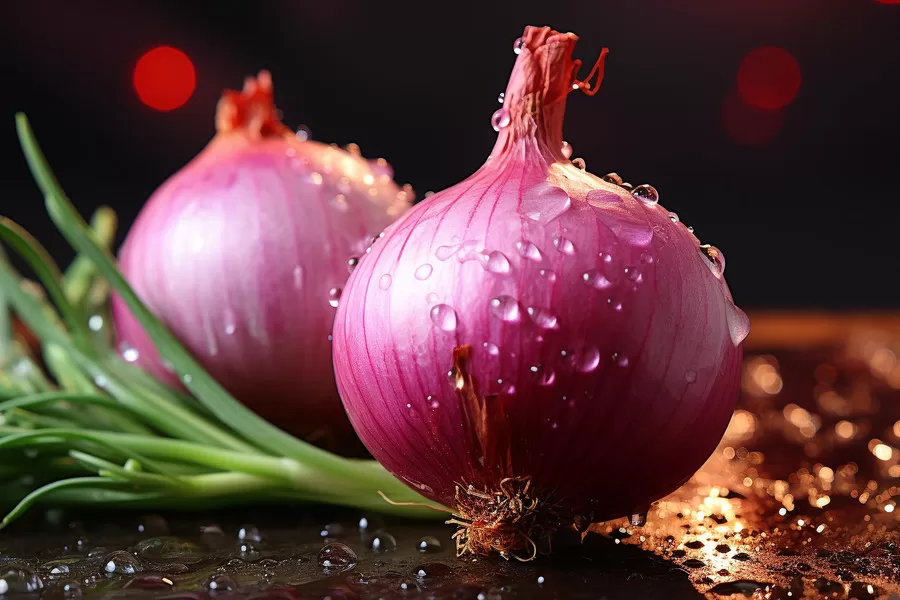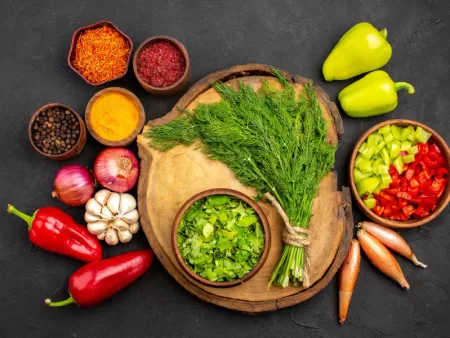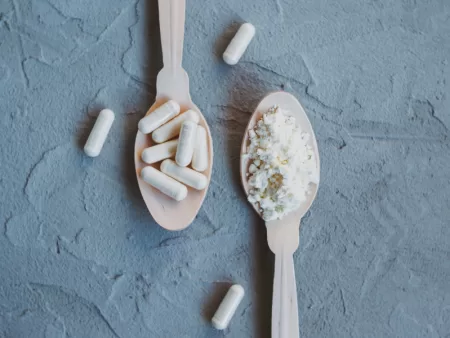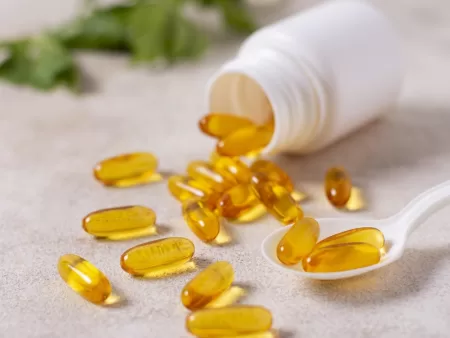
What effect does raw onion have on your body and especially on testosterone? Does it have a negative effect? Or only a positive one? How and how much to use it
Testosterone is
Testosterone: It’s Not Just for Men
When we hear ‘testosterone,’ we often think it’s all about men. Men have more of it, sure, because it’s made in large amounts in their testes. Women have it too, but less, and it comes from their ovaries. This hormone is like a superhero during teenage years for boys. It helps them grow muscles, get a deep voice, and grow facial hair. But its job isn’t over after those teen years.
Adults
In grown-ups, testosterone keeps being useful. It helps keep muscles strong, controls how fat is spread around the body, and affects how people feel. It’s important for men’s health in more private matters too. As people age, it’s normal for this hormone to reduce a bit, but if it gets too low, it can make people feel more tired or less interested in things they usually like.
What affects testosterone levels
What you do every day can change how much testosterone you have. Eating healthy foods and moving your body are great ways to keep it up. Getting enough sleep is a big deal too – not sleeping enough can lower it. If you’re really stressed, sick, or taking certain medicines, these can also make your testosterone levels drop.
Being overweight isn’t good for testosterone. If you have a health problem where your body can’t make enough hormones, like hypogonadism, this can lead to low levels too. Some medicines, especially those for pain or helping muscles grow, can change how much testosterone you have.
It’s great to know about this stuff because then you can make choices to help keep your testosterone levels healthy. This includes:
- eating well;
- exercising;
- dealing with stress better;
- sleeping enough.
Grasping the Basics of Testosterone
Breaking Down Testosterone
Testosterone isn’t just a guy thing. Yes, men have more of it, made mostly in their testes, but women have it too, from their ovaries, just in smaller amounts. This hormone is a big player in turning boys into men during their teen years, helping build up muscles, deepening voices, and growing facial hair. But its role goes beyond these visible changes, staying crucial in various aspects of adult health.
Testosterone in Adulthood
Testosterone doesn’t clock out after adolescence. It’s still on duty in adults, keeping muscles toned, managing fat distribution, and influencing moods. For men, it remains key for sexual health. As we age, it’s normal for this hormone to decrease, but if it dips too low, it can lead to feeling worn out or losing interest in usual hobbies or activities.
Lifestyle and Testosterone
Daily habits can significantly sway testosterone levels. A nutritious diet and regular exercise keep it on the upswing, while skimping on sleep can drag it down. High stress, certain illnesses, and some medications can also lower it. Carrying extra weight can bring testosterone levels down too.
Health conditions like hypogonadism, where the body struggles with hormone production, can cause low testosterone. Certain medications, like those used for pain relief or muscle building, might also affect it.
Understanding the Goodness of Raw Onions
What’s Great About Raw Onions?
Raw onions are more than just a kitchen favorite for adding flavor. They’re full of nutrients that are really good for your health. Even though they don’t have many calories, they’re packed with important stuff your body needs. Let’s talk about what makes raw onions so special and how they can help keep you healthy.
Vitamin C
First up is Vitamin C. This is the vitamin that helps your body heal cuts and keeps your skin looking good. It also plays a part in how your body makes some important chemical messengers, which can affect different hormones in your body. This is one reason why Vitamin C is so important for your health.
B Vitamins
Raw onions also have B-vitamins, including folate (B9) and pyridoxine (B6). These vitamins help your body turn the food you eat into energy and keep your nerves working properly. They’re also really important for managing your body’s energy, which can help keep your hormones in balance.
Quercetin
Then there’s something called quercetin in onions. Quercetin is a type of antioxidant. Antioxidants are like your body’s own little defenders. They help protect your cells from getting damaged. This is good for keeping your hormone levels where they should be. Quercetin can also help with reducing swelling in your body, keeping your heart healthy, and might even help protect against some kinds of cancer.
Onions have special compounds called sulfur compounds too. These are what make you tear up when you chop onions. But they’re actually really good for your health. They might help protect you from some cancers and are important for controlling your blood sugar. This is super important for hormones like insulin, which your body uses to manage energy.
Lastly, don’t forget about the fiber in onions. Fiber is great for your tummy. It helps you stay regular and avoid getting constipated. Fiber is also a champ at managing blood sugar levels, which helps keep hormones like insulin doing their job right.
All in all, raw onions are not just tasty; they’re packed with vitamins, antioxidants, and fiber that are great for your health. They help with everything from protecting your cells to keeping your hormones balanced.
The Effects of This Vegetable on Testosterone
Learning from Animal-Based Research
Studies involving animals, particularly rats, have shown that a diet incorporating juice from this vegetable might boost testosterone levels. These outcomes suggest potential beneficial properties inherent in this vegetable. However, since the research is animal-based, direct application to human health is not straightforward and warrants caution.
Investigating Beneficial Components
Antioxidants, especially quercetin found in this vegetable, are a focal point of these studies. Known for their cell-protective capabilities, these elements are theorized to enhance testosterone-producing cells. Yet, as most insights derive from laboratory or animal studies, the exact impact on human health remains speculative.
Navigating Research Challenges
A significant challenge in this research field is its reliance on animal models. Animal dietary responses can differ notably from humans. Additionally, experimental conditions often involve concentrations of extracts far beyond typical dietary intake, raising questions about the applicability to normal human consumption.
Variations among different types of this vegetable and the influence of dietary patterns add complexity. Each variety contains varying levels of bioactive compounds, which, combined with an individual’s diet, can influence hormonal balance.
Concluding the Examination
While initial animal studies provide insights into the possible hormonal effects of this common vegetable, comprehensive research focused on humans is crucial for a definitive understanding. This topic illustrates the potential health influences of natural foods, underscoring the need for further detailed investigation centered on human health.
Optimal Daily Intake of a Key Kitchen Vegetable
How Much Should You Consume Daily?
When it comes to adding this nutritious vegetable to your diet, you might wonder how much is just right. While there’s no one-size-fits-all answer, we can look at general guidelines to help you make the most of its health benefits without going overboard.
Balance
Firstly, it’s essential to remember that balance is key. This vegetable is packed with nutrients like quercetin and sulfur compounds, which are great for your health. But like everything else, moderation is important. Typically, adding a few slices to your daily meals is a good start. For most people, consuming about half to one full of this vegetable per day can be beneficial without causing any discomfort.
It’s also worth considering how you consume it. Eating it raw is usually the best way to retain its nutritional value. Cooking can reduce some of its beneficial properties, although it’s still healthy when cooked. You can add raw slices to salads, sandwiches, or even use them as a garnish for various dishes.
Not for juicy lovers
For those who might not be used to its strong flavor or find it a bit harsh on the stomach, starting with smaller amounts and gradually increasing it can be helpful. This way, you allow your body to get accustomed to it without any digestive upset.
Personal tolerance
It’s important to note that individual tolerance can vary. Some people might find that even small amounts can affect their stomach, while others can have more with no issues. Listening to your body and adjusting your intake accordingly is crucial.
Lastly, while this vegetable can be a healthy addition to your diet, it’s not a magic cure-all. It works best when included as part of a balanced diet, rich in various fruits, vegetables, whole grains, lean proteins, and healthy fats. Relying solely on this vegetable for health improvements is not advisable.
In summary, for those looking to enjoy the health benefits of this vegetable, including its potential impact on testosterone levels, a balanced approach with about half to one full of it per day, preferably raw, is a good guideline. Adjusting based on personal tolerance and dietary habits is essential for the best results.
Conclusion
Testosterone is crucial for both men and women, affecting muscle strength, mood, and overall health. Daily habits like diet, exercise, and stress management play a significant role in maintaining healthy testosterone levels. This common kitchen vegetable, especially when consumed raw, is rich in nutrients like Vitamin C, B-vitamins, quercetin, sulfur compounds, and fiber that may support hormonal health. Animal-based research suggests potential testosterone-boosting effects of this vegetable, but more human-centric studies are needed for conclusive evidence. For optimal health benefits, including potential impact on testosterone, consume about half to one full of this vegetable daily, as part of a balanced diet.
FAQs
Dietary choices can profoundly impact hormonal health, with certain foods, such as a widely-used vegetable, playing a role in testosterone regulation.
This vegetable is a powerhouse of distinctive nutrients, like rare antioxidants and vital minerals, potentially aiding in hormonal balance, including testosterone optimization.
Emerging research, especially in animal models, hints at positive effects, yet further human-specific studies are essential for definitive evidence on testosterone enhancement.
Incorporating it in its uncooked form, perhaps as part of a mixed salad or a fresh garnish, is recommended to make the most of its hormonal health benefits.
Relying solely on this vegetable isn’t advisable for hormonal health. It’s more effective when included as part of a diverse, nutrient-rich diet.







